Frequently Asked Questions
1. What is ethical sourcing?
2. Why is sustainable material important in folding knives?
3. How can I identify ethically sourced folding knives?
4. What role does local sourcing play in knife production?
5. Why should consumers prioritize ethical sourcing when purchasing knives?
The world of knife crafting has evolved tremendously over the years, giving rise to various materials, designs, and construction techniques. As consumers become more aware of their purchasing decisions, the demand for ethical sourcing of materials has grown significantly. It’s important to navigate the realm of knife materials responsibly, especially when it comes to folding knives. In this article, we will explore what ethical sourcing means, the importance of sustainable materials, and how you can identify ethically crafted folding knives.
What Does Ethical Sourcing Mean?
Ethical sourcing refers to the process of ensuring that the materials used in a product are obtained in a responsible and sustainable manner. This often involves considering the environmental impact, labor conditions, and animal welfare associated with the production of those materials. In the context of folding knives, ethical sourcing is crucial to guarantee that the crafting process does not exploit natural resources or harm local communities.
Key Principles of Ethical Sourcing
- Transparency: Brands should offer clear information regarding the origins of their materials.
- Sustainability: Materials should be sourced and produced in a way that does not deplete natural resources.
- Fair Labor Practices: Workers involved in the supply chain should be treated fairly and compensated properly.
- Animal Welfare: Materials should be obtained from ethical sources without causing harm to animals.
The Importance of Sustainable Materials in Folding Knives
As enthusiasts and users of folding knives continue to grow in number, the choice of materials becomes a defining factor in both performance and ethics. Sourcing materials like steel, wood, and synthetic fibers should be done mindfully to ensure that they don't contribute to environmental degradation.
Metals in Folding Knives
Stainless steel is a popular material for the blades of folding knives due to its corrosion resistance and durability. However, not all stainless steel is created equal. Ethical sourcing of metals involves ensuring that the steel is obtained from reputable sources that prioritize sustainability and environmental responsibilities.
Recycled steel is an excellent ethical choice, as it reduces the need for raw material extraction and minimizes waste. Brands committed to ethical sourcing often choose suppliers that utilize scrap metal to produce high-quality blades without compromising sustainability.
Wood and Handles
Wooden handles on folding knives can add both aesthetic appeal and functional benefits. However, deforestation and unsustainable logging practices pose significant threats to our forests. Ethical sourcing involves using wood from sustainable forests, where trees are harvested responsibly and replaced through replanting efforts.
Certification from organizations like the Forest Stewardship Council (FSC) can help consumers identify sustainably sourced wood. When selecting folding knives with wooden handles, check for FSC certification to ensure you are contributing to forest conservation.
Identifying Ethically Sourced Folding Knives
With the rising demand for environmentally responsible products, many brands are stepping up to claim ethical sourcing. However, as a consumer, it's vital to be discerning in your choices. Here are some tips to help you identify ethically sourced folding knives:
Research Brands
Before making a purchase, take the time to research the brand. Look for transparency in their materials sourcing and manufacturing processes. Brands that prioritize ethical practices often showcase this on their websites, including certifications and partnerships with sustainable organizations.
Seek Certifications
Various certifications indicate ethically sourced materials. These include:
- FSC for sustainably harvested wood
- ISO for environmental management systems
- Recycled content certifications for metals and synthetics
By seeking out these certifications, you can make an informed choice that aligns with your values.
Ask Questions
Don’t hesitate to reach out to brands with questions about their sourcing practices. A reputable company should be willing to share information about where and how they acquire their materials. If they can't provide clear answers, it might be a red flag.
The Role of Local Sourcing
Local sourcing is an effective strategy to enhance ethical practices. When knife manufacturers source materials locally, they reduce emissions associated with transportation and support local economies. This can have a positive impact on communities, providing jobs and fostering sustainable practices. Many ethical knife brands leverage local artisans to craft their folding knives, enriching the quality and authenticity of their products.
Community Impact
When materials are sourced from local communities, the benefits extend beyond just economic support. The cultural heritage of the area can influence the design and craftsmanship of folding knives. Ensuring that local artisans are compensated fairly not only uplifts communities but also ensures that traditional skills are preserved.
Innovation in Sustainable Knife Production
As the demand for ethical and sustainable products increases, innovation in the knife industry has followed suit. Several brands are now experimenting with eco-friendly materials and manufacturing processes. Here are some of the more notable innovations:
Bio-based Materials
Some companies are exploring the use of bio-based or biodegradable materials for folding knife handles. These alternatives to plastic help in reducing our carbon footprint and overall environmental impact. While these materials may still be under development, they represent a forward-thinking approach to knife production.
Water-Based Finishes
Crafting folding knives with water-based finishes reduces harmful solvent emissions during production. These finishes can not only deliver a beautiful aesthetic but do so without adversely affecting air quality or harming the environment. As more manufacturers adopt water-based solutions, we’ll see a shift in the industry's ecological footprint.
Why Ethical Sourcing Matters for Consumers
The choices we make as consumers impact the world on multiple levels. By opting for ethically sourced folding knives, you do more than acquire a high-quality tool—you support sustainable practices, fair labor, and conservation efforts. Here are some reasons why consumers should prioritize ethical sourcing:
Empowerment Through Purchasing
Every time you choose to purchase an ethically sourced product, you vote with your wallet. Supporting companies that prioritize ethical practices encourages other businesses to adopt similar values. Consumer demand can drive change within the industry and lead to more sustainable practices across the board.
Long-term Value
Folding knives made from ethically sourced materials often come with superior craftsmanship and durability. While they may be priced higher initially, their longevity means you are making a smarter investment in the long run. The benefits of working with quality materials far outweigh short-term cost savings associated with cheaper, less sustainable options.
Building a Better Future
By supporting brands that prioritize ethical sourcing, you play a part in building a future where ethical practices are the norm rather than the exception. As the knife industry continues to evolve, ethical sourcing will increasingly define the landscape of quality craftsmanship.
Beyond the Blade: The Bigger Picture
While the focal point of this article has centered around folding knives and their materials, ethical sourcing is a larger conversation that extends beyond the knife industry. This movement encompasses a commitment to creating responsible and sustainable products across all sectors. As consumers, we should aim to understand the complete lifecycle of products we purchase, reinforcing that ethical sourcing isn't merely a trend but a necessary evolution in how we consume.
In a world where every purchase tells a story, choose wisely. By aligning your values with your knife choices, you not only enhance your personal collection but contribute positively to our planet and its communities.








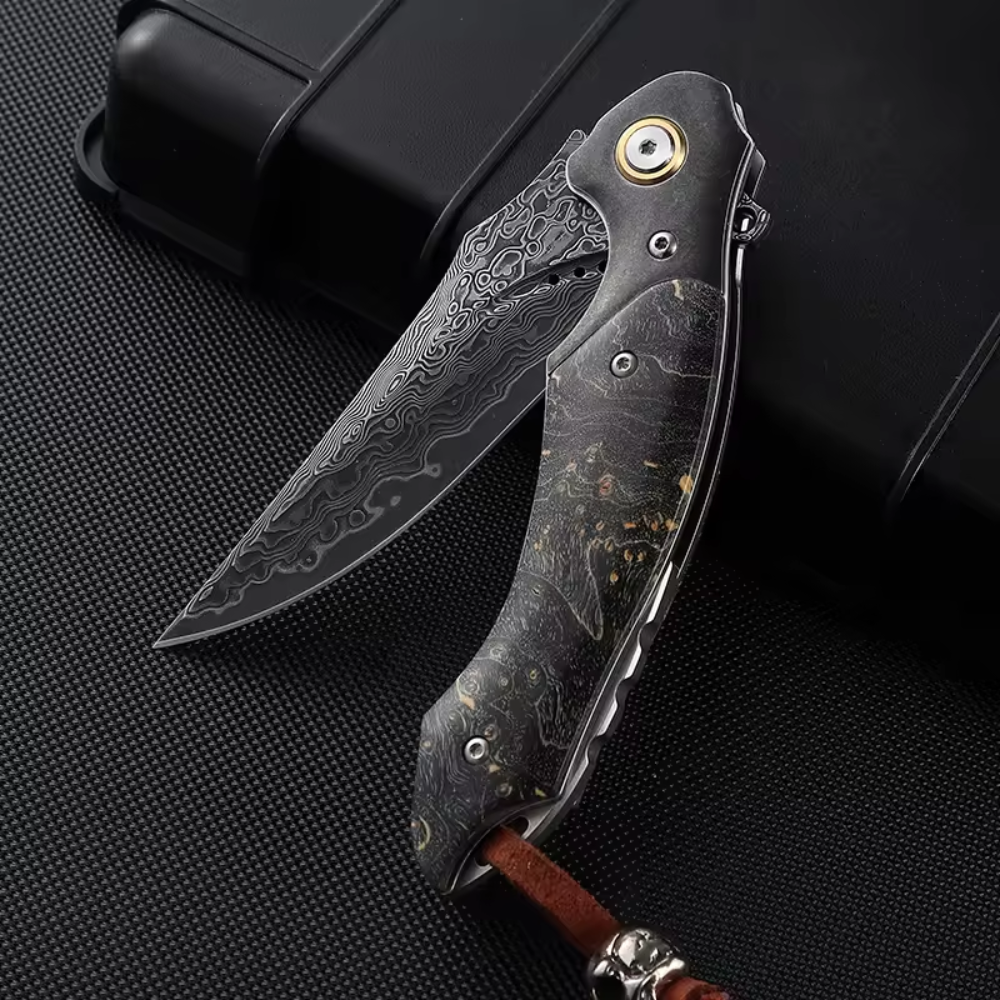
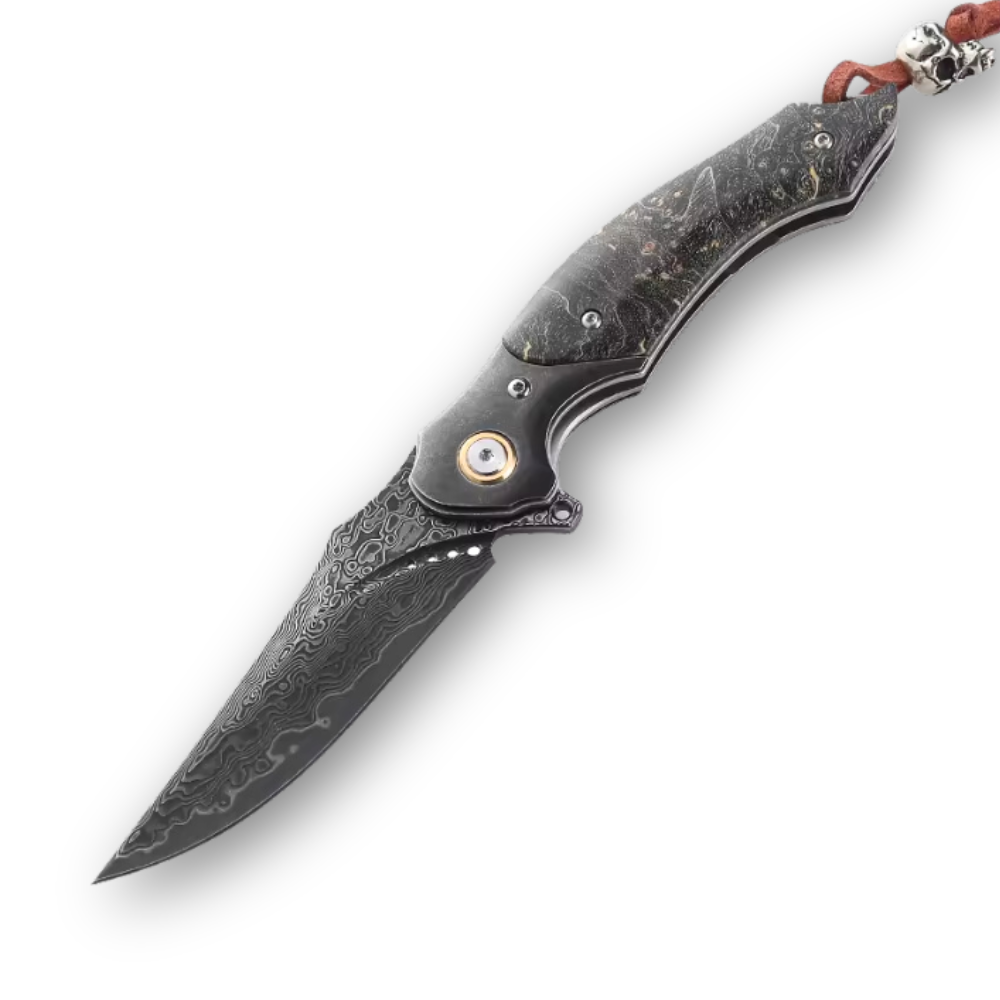
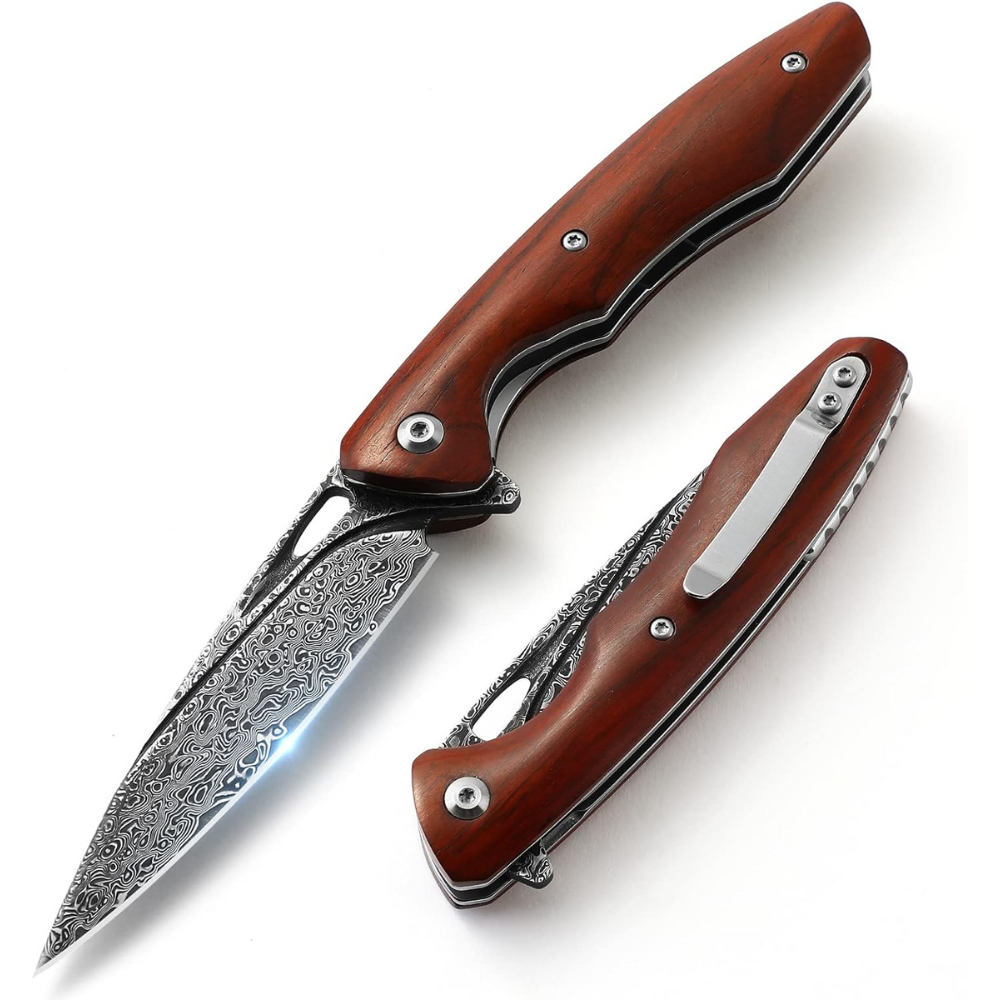









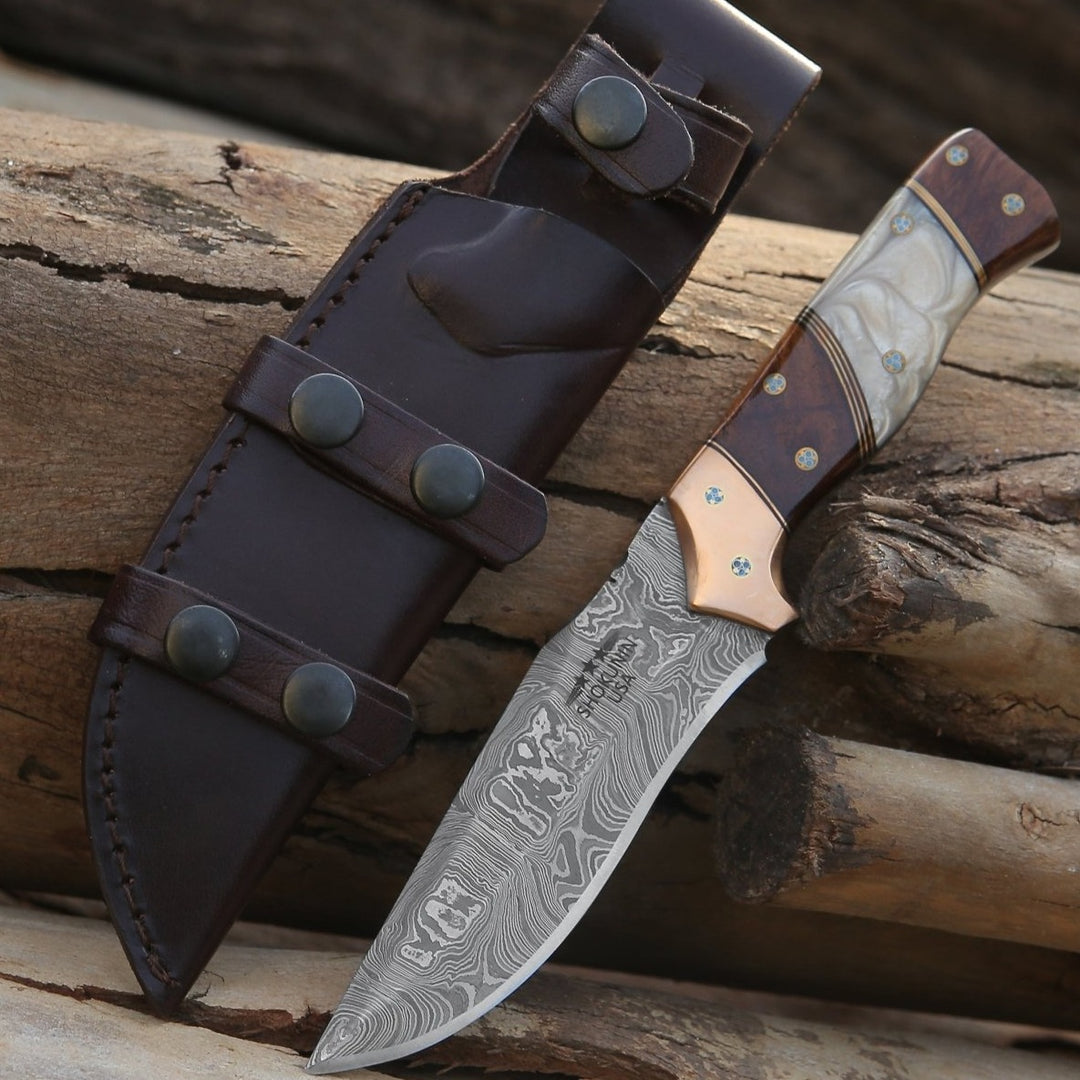
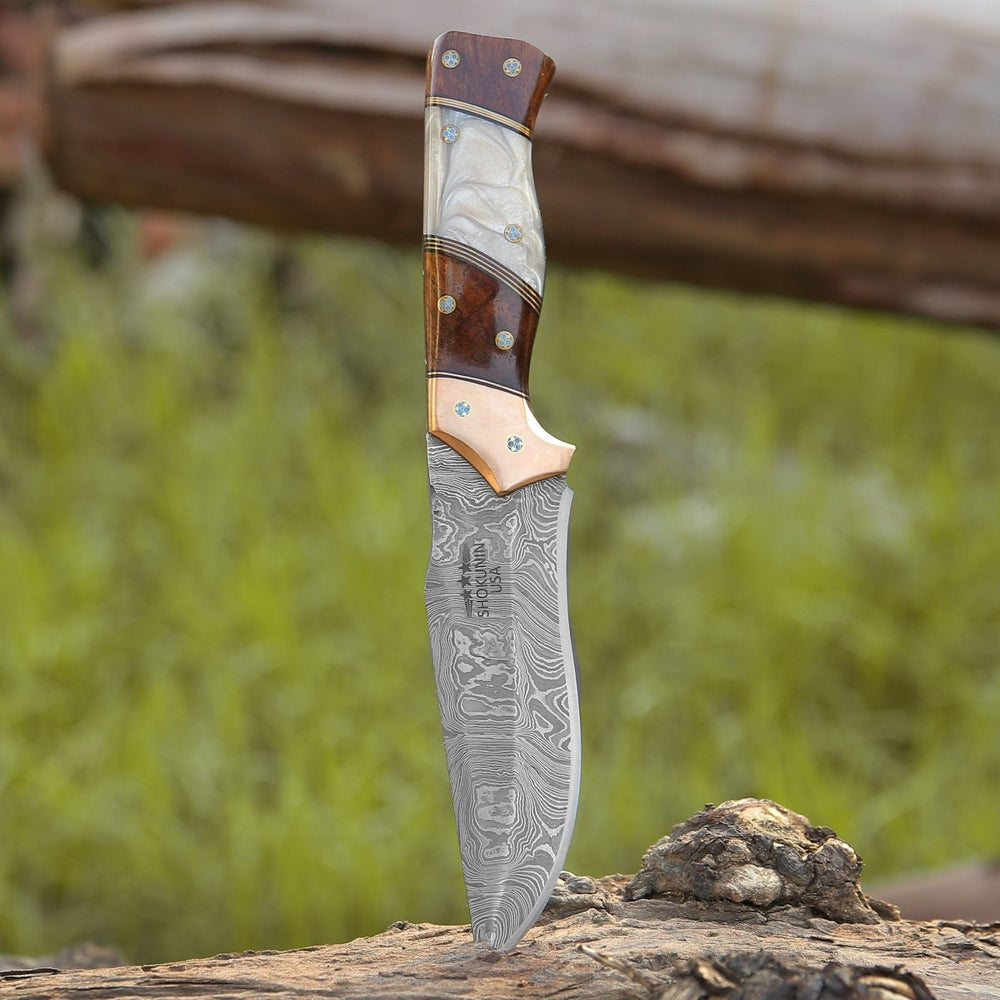


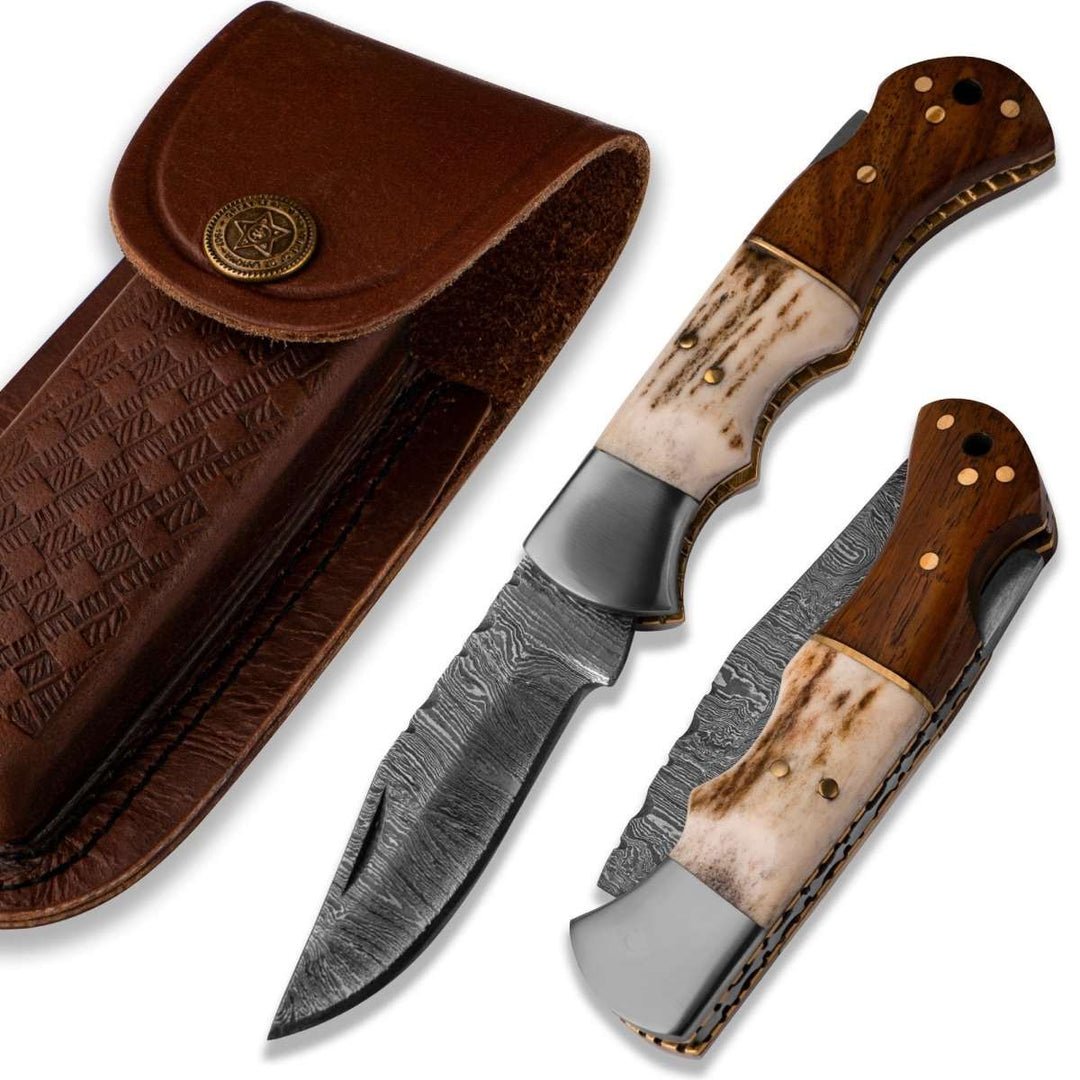
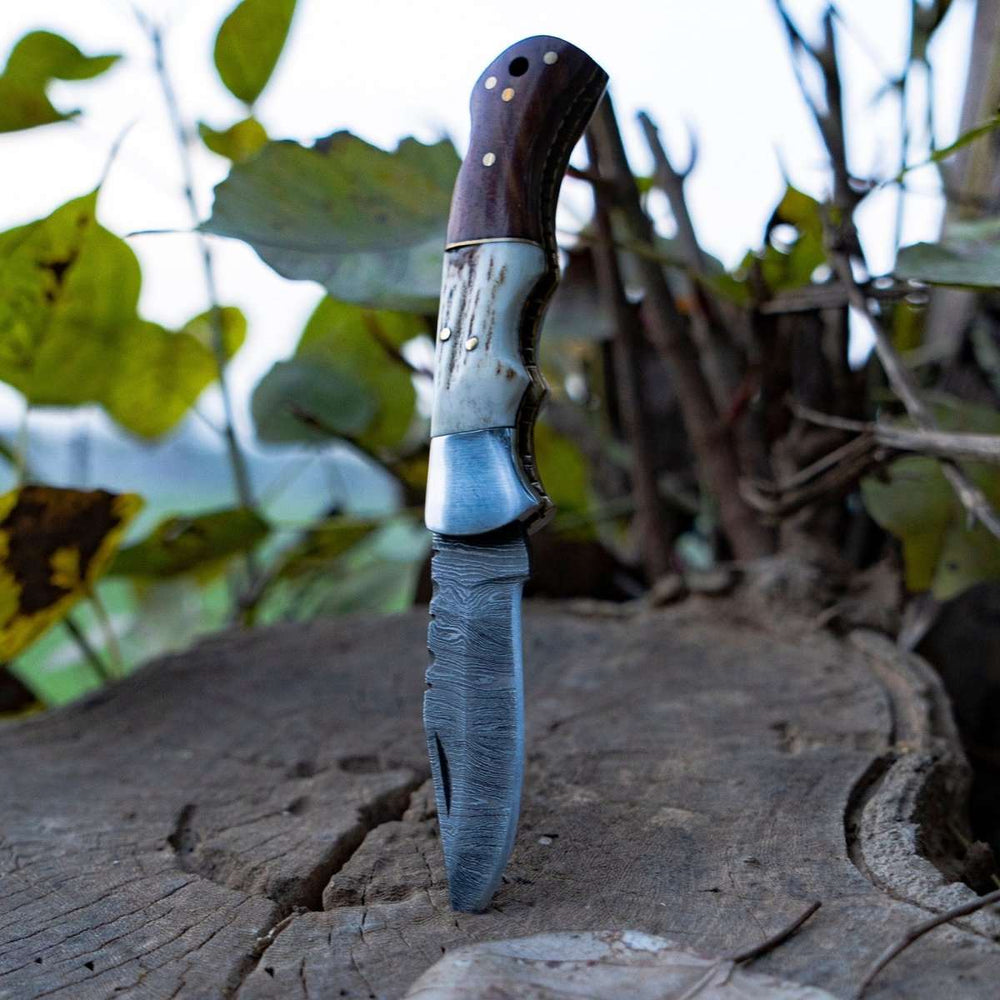




Leave a comment